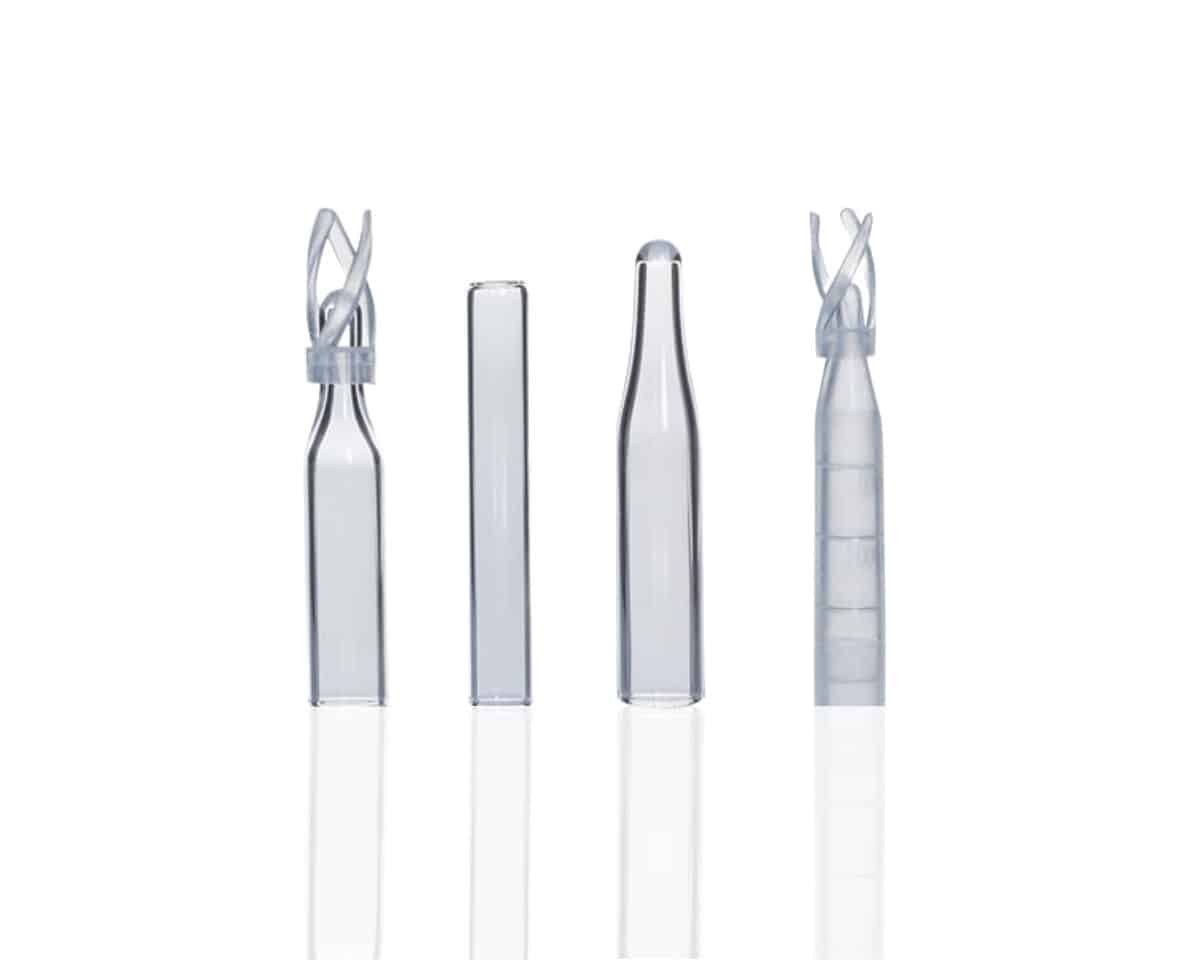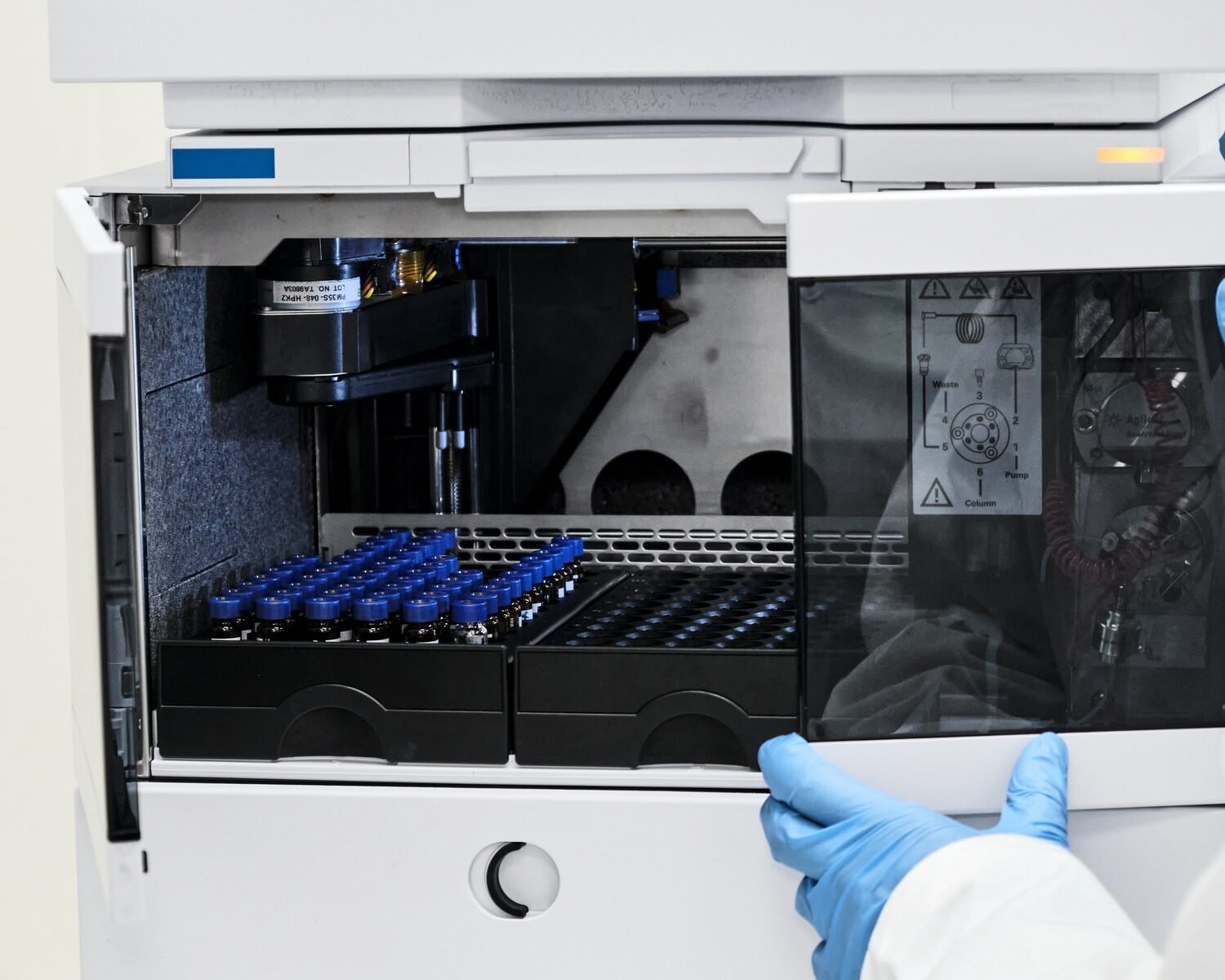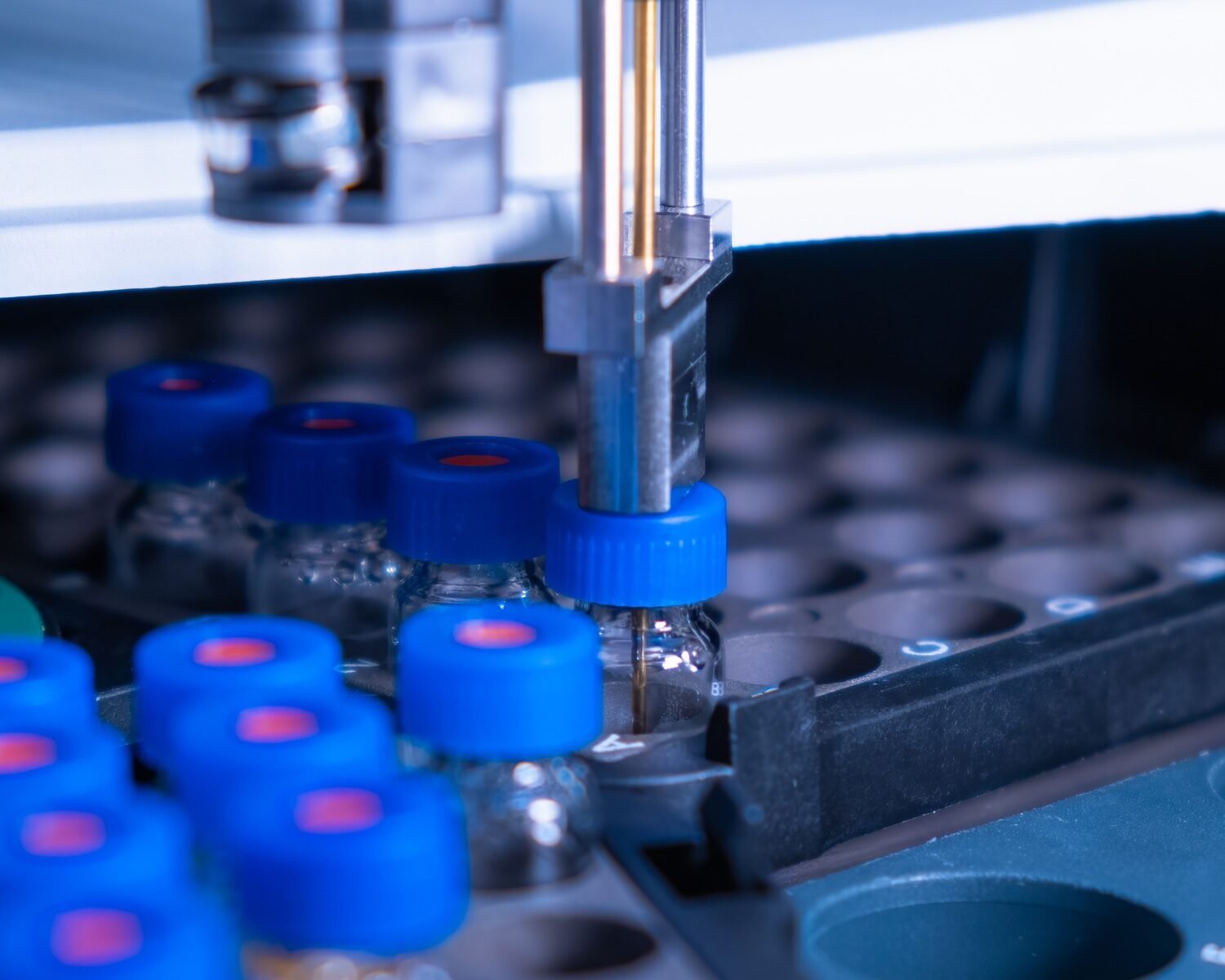Introduction
Is your HPLC machine experiencing over-pressure issues? This can be frustrating, especially when you’re in the middle of an important analysis. Let’s dive into the common causes and solutions for this problem. We’ll also explore some preventative measures to keep your HPLC system running smoothly.
Answer Section
Over-pressure in an HPLC machine often results from blockages, incorrect mobile phase composition, or system leaks. Regular maintenance and proper troubleshooting can help resolve and prevent these issues.

Common Causes of Over-Pressure in HPLC Machines
Blockages in the System
One of the most frequent causes of over-pressure in HPLC systems is blockages. These blockages can occur in various parts of the system, including the injector, column, or tubing. Have you ever wondered if your system is free of clogs?
Injector Blockages
Injectors can get blocked due to particulate matter or sample residue. This blockage can cause a significant increase in system pressure. Regularly cleaning the injector with appropriate solvents can prevent this issue.
Column Blockages
Columns can become clogged with particulate matter from the sample or precipitates formed from the mobile phase. How often do you check your columns for blockages? Using a guard column can help protect the analytical column and reduce the likelihood of blockages.
Tubing Blockages
Tubing can also accumulate particulates, especially if filters are not used or regularly replaced. Ensure that all filters are intact and replace them as needed.
Incorrect Mobile Phase Composition
Using an incorrect mobile phase composition can lead to over-pressure issues. For instance, highly viscous solvents or incompatible solvent mixtures can cause high back pressure. Are you confident in your mobile phase preparation?
Solvent Viscosity
Highly viscous solvents can increase system pressure. Make sure to use solvents that are compatible with your column and method. Regularly check solvent lines for any changes in pressure readings.
Solvent Compatibility
Incompatible solvent mixtures can lead to precipitate formation, which can block the system. Always ensure that your solvents are fully miscible and compatible with your method.
Leaks in the System
Leaks in the HPLC system can lead to over-pressure as the system tries to maintain the set flow rate. Have you checked your system for leaks recently?
Loose Connections
Loose connections at the fittings can cause leaks. Regularly inspect and tighten all connections in the system.
Damaged Seals
Seals can wear out over time and cause leaks. Replace any damaged seals promptly to maintain system integrity.
Troubleshooting Over-Pressure in HPLC Machines
Step-by-Step Troubleshooting Guide
- Check the Pressure Readings: Identify which part of the system is experiencing high pressure by comparing the pressure readings at different points.
- Inspect for Blockages: Start with the injector, then move to the column, and finally the tubing. Clean or replace components as needed.
- Verify Mobile Phase Composition: Ensure that you are using the correct solvents and mixtures. Prepare fresh mobile phase if necessary.
- Check for Leaks: Inspect all connections and seals. Tighten or replace components as needed.
- Consult the Manufacturer’s Guide: If the problem persists, refer to the manufacturer’s troubleshooting guide or contact technical support.

Preventative Measures
Preventative maintenance is key to avoiding over-pressure issues. How often do you perform maintenance on your HPLC system?
Regular Cleaning
Regularly clean the injector, columns, and tubing to prevent blockages. Use appropriate solvents and follow recommended cleaning procedures.
Use of Filters
Always use filters in the solvent lines and replace them regularly. This can prevent particulate matter from entering the system and causing blockages.
Routine Inspections
Conduct routine inspections of all connections, seals, and fittings. Early detection of potential issues can prevent over-pressure problems.
Expert Advice and Resources
Seeking Professional Help
Sometimes, resolving over-pressure issues may require professional assistance. Do you know when to call in an expert?
Manufacturer Support
Most HPLC system manufacturers offer technical support and maintenance services. Contacting them can provide specific solutions tailored to your system.
Professional Maintenance Services
Consider hiring professional maintenance services for routine inspections and repairs. This can save time and ensure that your system remains in optimal condition.

Conclusion
Experiencing over-pressure in your HPLC machine can be a hassle, but with the right knowledge and preventative measures, you can keep your system running smoothly. Regular maintenance, proper solvent usage, and routine inspections are key to preventing and resolving these issues. Do you have any specific experiences or tips you’d like to share about maintaining your HPLC system?
By addressing these common causes and implementing the suggested solutions, you can minimize downtime and ensure accurate, reliable results from your HPLC analyses.
If you’re on the lookout for high-quality HPLC vials at sensible pricing, consider Mastelf. With over 13 years of experience in chromatography vials, we can help you find the exact vials you need for your applications.
Our expertise ensures that you get reliable and precise products tailored to your specific requirements. Whether you’re in pharmaceuticals, research, or any other industry relying on HPLC, we understand your needs and are here to support you in making the right purchase.
Reach out to Mastelf, and let us assist you in procuring the perfect vials for your work.











